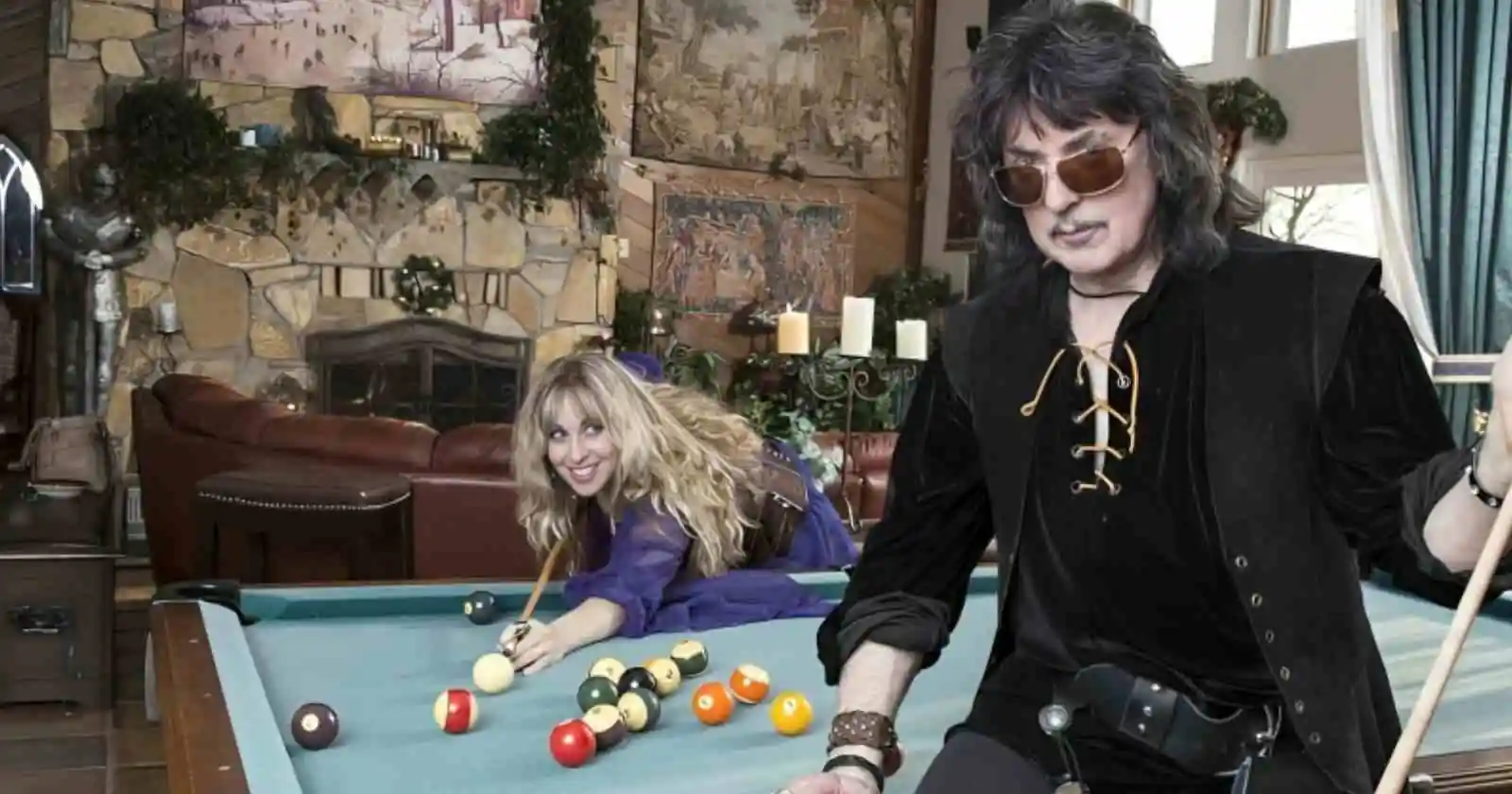Lewis J. Blackmore, who was the father of Ritchie Blackmore, gave a guitar to his son when was 11 with some conditions, with the most important one being to learn how to play the instrument properly. In order to do that, the young Blackmore took classical guitar lessons for one year. In the following years he continued to be interested in music and even took some lessons with the famous session guitarist Big Jim Sullivan.
It didn’t take long until Blackmore already was an accomplished guitarist and it was alongside other great musicians like Jon Lord and Ian Paice that he helped to form Deep Purple in 1968. Their debut album was released in that same year but it was in the early 70s that everything changed for them when they adopted a Hard Rock sound that made them one of the most important bands in history. Although they were really big in the early 70s, Blackmore believed that there was another British band at the time which was the best.
The band Ritchie Blackmore chose as the best in the United Kingdom in the early 70s
Rock and Roll music was getting heavier in the early 70s with many bands experimenting with their sound and pushing the barriers a little bit further, showing it was possible to make good heavier music. One of those groups was Free, which was formed in the same year as Deep Purple but was together only until 1973.
In an interview with Martin K. Webb in the early 70s, he said that Free was the best band in England at the time. He was asked why he didn’t like “leaping around on stage” and he mentioned Free. “I like leaping around on stage as long as it’s done with class. Like Free. They’re the best band in England. Paul Rodgers is a good singer and a brilliant mover.”
“None of this jumping up in the air and doing the splits and all that. He just moves with the music, not like Pete Townshend who’s gotten to the point that he waits until the photographers are well-aimed before he leaps. He’s not very spontaneous,” Ritchie Blackmore said.
Free was originally formed by Paul Rodgers (Vocals, guitar), Paul Kossoff (Guitar), Andy Fraser (Bass) and Simon Kirke (Drums). Some of their most famous songs are “All Right Now”, “Wishing Well” and “I’m a Mover”.
Blackmore said that Paul Rodgers almost became Deep Purple’s vocalist
Every music piece that is composed was influenced by another piece of music that already existed. Blackmore has always been a sincere person and never had a problem in naming songs that inspired his own compositions. For example, in an interview with Steve Rosen in the 70s, he admitted that “Mistreated” from Purple’s 1974 album “Burn” was inspired by a Free track.
“That was influenced by “Heartbreaker” by Free. I get inspired by other people’s songs and write something vaguely similar,” Ritchie Blackmore said.
The song was released in 1973 on the Free album of the same name and was written by Paul Rodgers. During the same conversation, Blackmore recalled that Rodgers almost became the singer of Deep Purple. “That’s right, he was for about a week. I think somebody was going to chop his legs off if he did leave (Free), so he didn’t.”
“I think he was into a different type of singing. He didn’t want to follow lan Gillan and all that screaming. Rodgers wasn’t into that, he was more into blues,” Ritchie Blackmore said.
Blackmore was right and Rodgers stayed in that style for his whole career. Both as a solo artist and as a member of bands like Bad Company and The Firm.
He once performed “All Right Now” with The Sweet to honor Paul Kossoff
Not often during his career Ritchie Blackmore joined other artists on stage. But in 1976 he was a special guest on the concert of the British Glam Rock band The Sweet in the United States. He joined them on stage to perform a rendition of Free’s “All Right Now”. It was a special tribute to the guitarist Paul Kossoff who had died in that same year at the age of 25, victim of pulmonary embolism.

